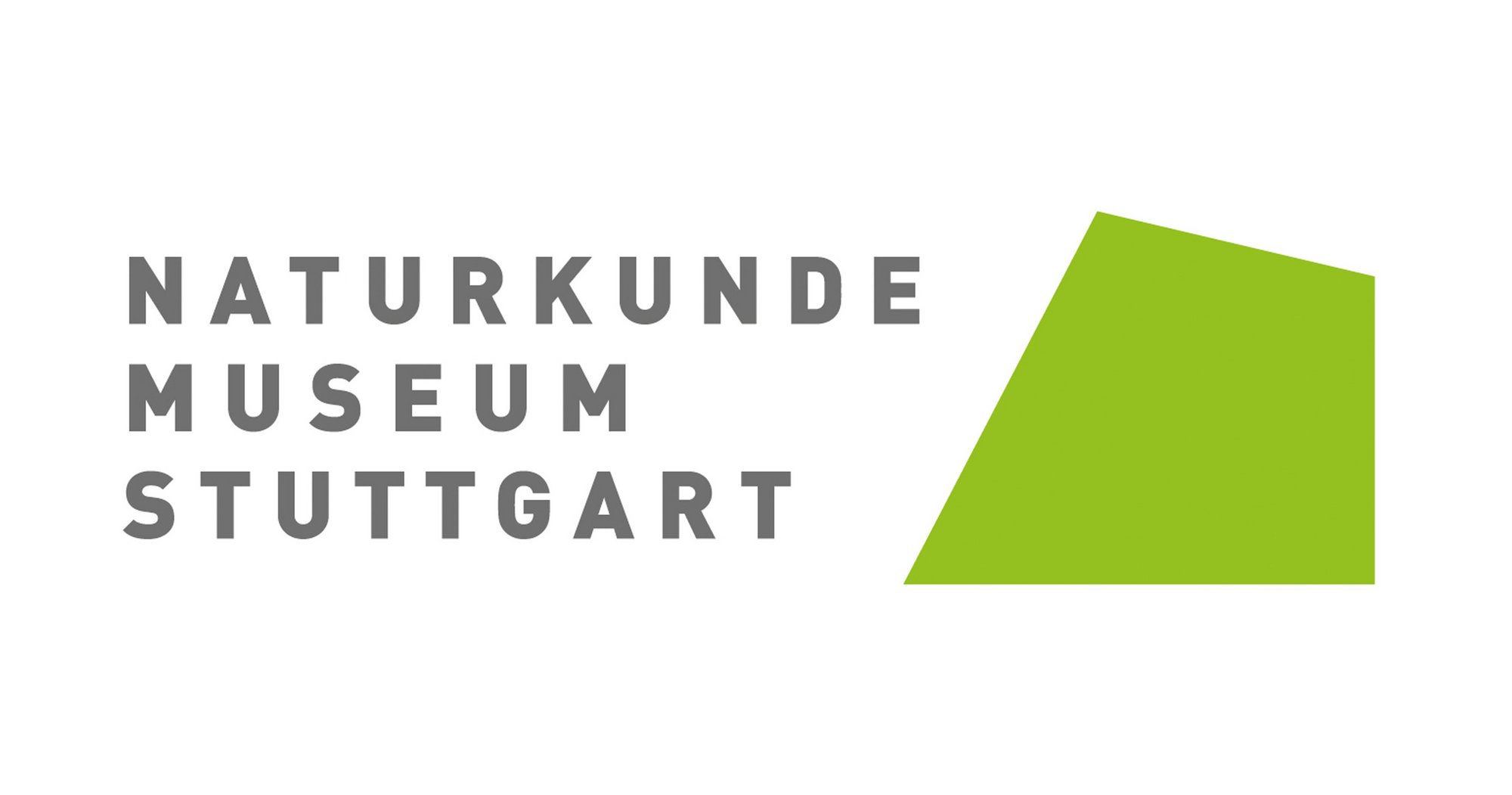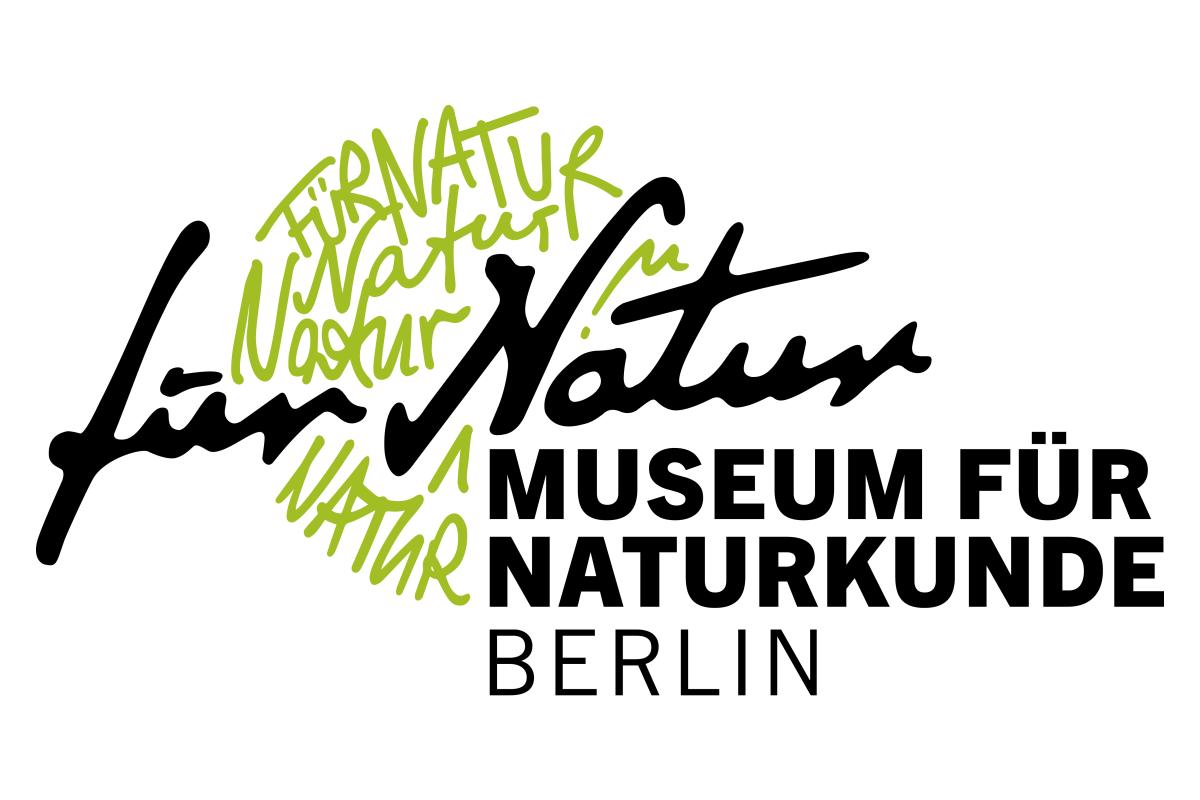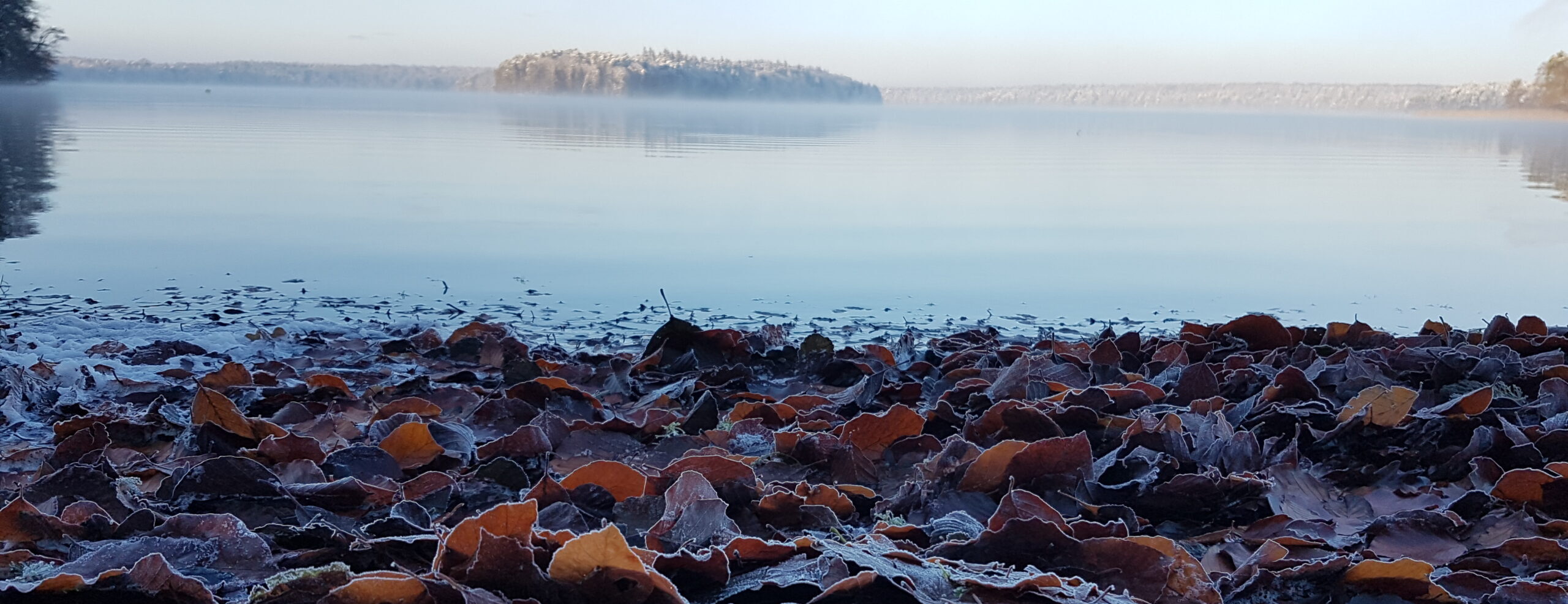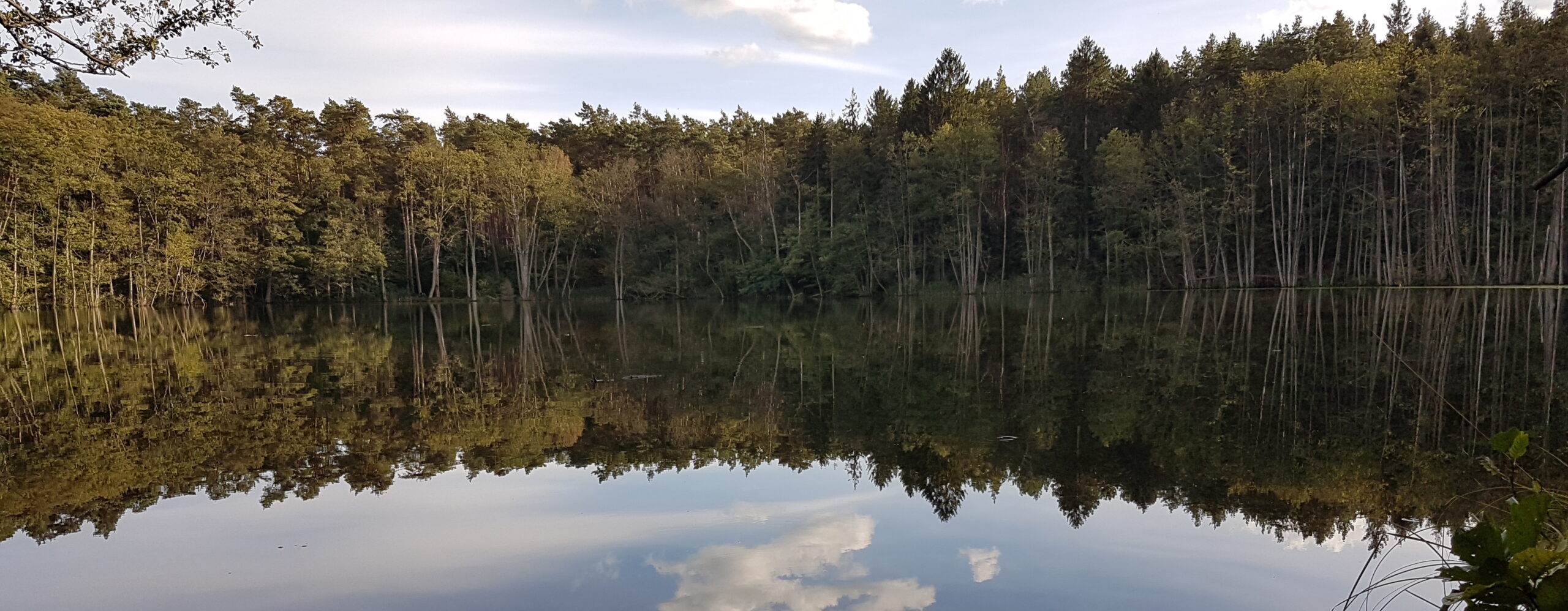Forschungsinstitute


Leibniz-Institut für Gewässerökologie und Binnenfischerei (IGB) im Forschungsverbund Berlin e.V.
Müggelseedamm 310
12587 Berlin
Leibniz-Institut für Gewässerökologie und Binnenfischerei (IGB)
Das IGB ist das größte deutsche und eines der international führenden Forschungszentren für Binnengewässer. Es ist zugleich eine der ältesten Einrichtungen auf diesem Gebiet. Die Wurzeln der Vorgängerinstitutionen lassen sich bis zum Ende des 19. Jahrhunderts zurückverfolgen. Heute deckt die Wissenschaft am IGB ein breites Spektrum an Disziplinen ab: von der Hydrologie, Physik, Geographie, Ökologie und Evolutionsbiologie bis zur Sozioökologie, von der Molekularbiologie bis zur Untersuchung ganzer Ökosysteme und ihrer Einzugsgebiete, von der mikrobiellen Ökologie bis zum Verhalten von Fischen.
Die Forscherinnen und Forscher am IGB möchten die grundlegenden Prozesse verstehen, die unsere Gewässer und ihre Lebensgemeinschaften prägen, und berücksichtigen dabei auch den regionalen und den gesamtgesellschaftlichen Kontext, in den diese eingebettet sind. Welchen ökologischen und evolutionären Veränderungen unterliegen aquatische Lebewesen? Was sind die Triebkräfte und Folgen einer veränderten und schwindenden biologischen Vielfalt? Wie können wir die von Gewässern erbrachten Ökosystemleistungen absichern, einschließlich Trinkwasserversorgung, natürlichem Hochwasserschutz, Fischereiressourcen oder positiven Effekten auf die menschliche Gesundheit? Und welche Rolle können naturbasierte Lösungen dabei spielen? Das sind Fragen, auf die das Institut Antworten sucht.
Das IGB ist ein Institut des Forschungsverbundes Berlin e. V. und der Leibniz-Gemeinschaft. Es arbeitet eng mit zahlreichen nationalen und internationalen Universitäten und anderen Partnern aus Wissenschaft und Gesellschaft zusammen.
Leibniz-Institut für Gewässerökologie und Binnenfischerei (IGB) Projekte
Leibniz-Institut für Gewässerökologie und Binnenfischerei (IGB) Forschende
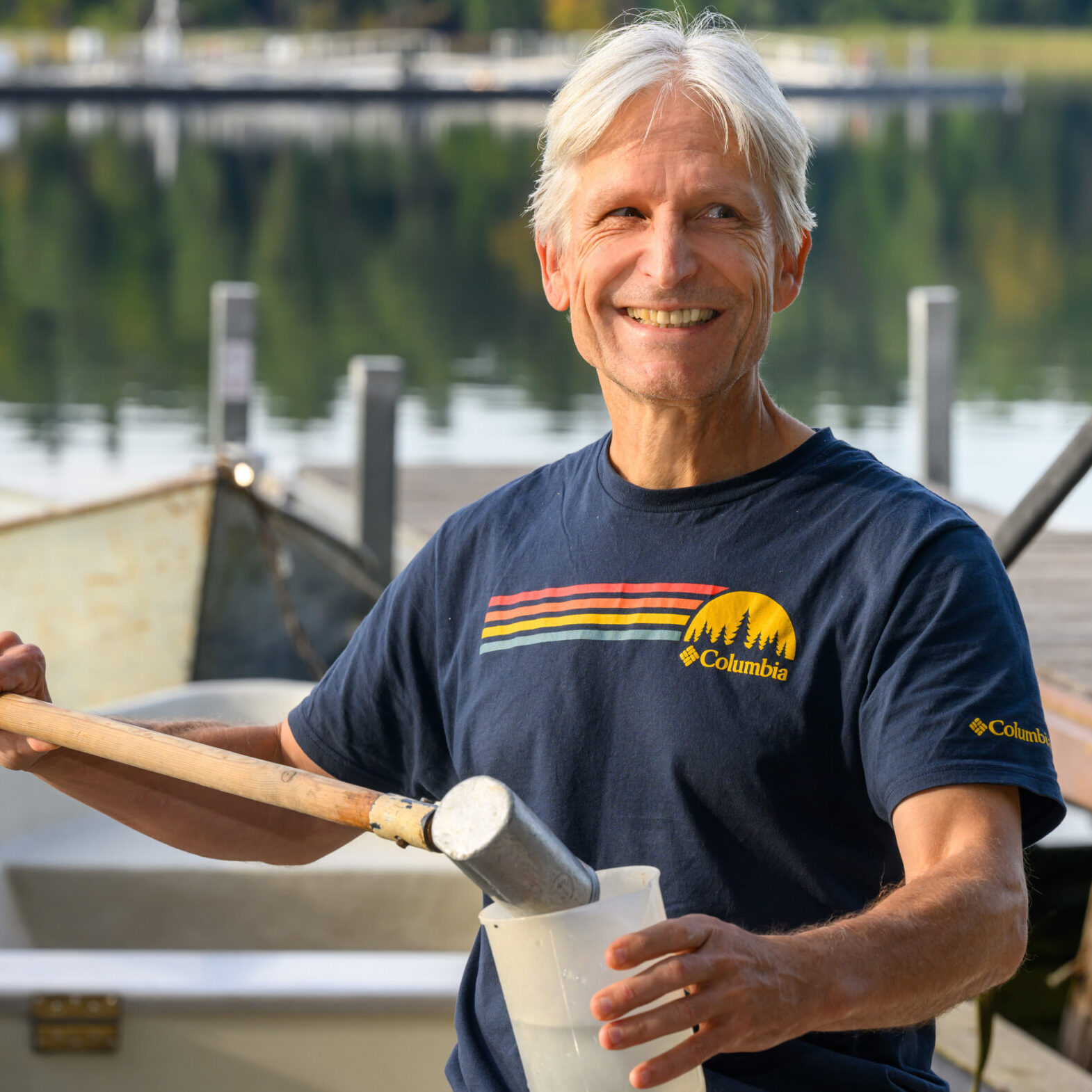
Prof. Dr. Hans-Peter Grossart
Hans-Peter Grossart ist Leiter der Arbeitsgruppe Aquatische Mikrobiologie am Leibniz-Institut für Gewässerökologie und Binnenfischerei (IGB) und Professor für Aquatische Mikrobielle Ökologie und Funktionelle Biodiversität an der Universität Potsdam. Er studierte Biologie an den Universitäten Mainz und Konstanz und promovierte am Limnologischen Institut der Universität Konstanz über die Diversität und biogeochemische Rolle von Aggregat-assoziierten Bakterien. Nach einem Postdoc am Yigal Allon Kinneret Limnological Laboratory in Tiberias, Israel, und einem weiteren Postdoc am Scripps Institute for Oceanography in San Diego, USA, war er Assistent am Institut für Chemie und Biologie der Meeresumwelt an der Universität Oldenburg. Seit 2002 ist er Forschungsgruppenleiter am IGB, wo er sowohl die Vielfalt als auch die ökologische Rolle mikrobieller Gemeinschaften in einer Vielzahl von Gewässern untersucht. Sein Hauptinteresse gilt den Süßwasserökosystemen als Hotspots im Erdsystem. Im Erdsystem spielen insbesondere Süßwasserökosysteme eine zentrale Rolle bei der Bindung von Kohlenstoff und der Regulierung der natürlichen Treibhausgasdynamik. Gleichzeitig sind sie Hotspots der Biodiversität und biochemischer Prozesse, da sie Zwischenphasen und Grenzschichten zwischen terrestrischer und aquatischer Umwelt bilden. Dieses hohe Potenzial aquatischer Ökosysteme für naturbasierte Lösungen muss gesichert und besser verstanden werden. Ich stelle mir vor, dass die Forschung der Abteilung zu den ökologischen Folgen des globalen Wandels gut mit verschiedenen nationalen und internationalen Initiativen wie dem GLEON-Netzwerk, dem DFG-Projekt NFDI4-Biodiversität oder dem Leibniz-Labor „Systemische Nachhaltigkeit“ verknüpft werden kann, für das der Wasserkreislauf von besonderer Bedeutung ist.


